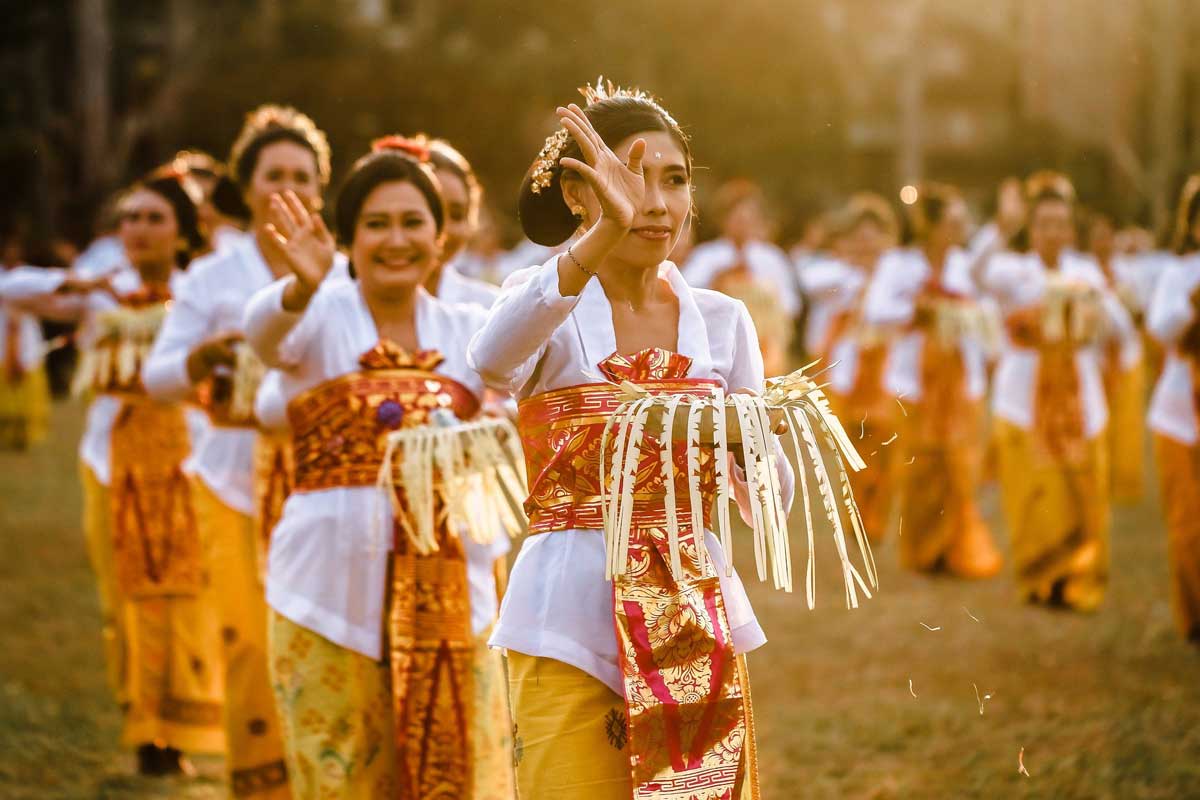pivot62.com – Bali, an Indonesian island known for its stunning landscapes, vibrant culture, and warm hospitality, is also famous for its unique Hindu traditions. Unlike the rest of Indonesia, which is predominantly Muslim, Bali’s Hindu-majority population celebrates a plethora of festivals throughout the year, each with its own significance and charm. These festivals are not just religious observances but also a reflection of the island’s deep-rooted cultural heritage and community spirit.
The Significance of Bali’s Hindu Festivals
Bali’s Hindu festivals are deeply intertwined with the island’s agricultural calendar, the phases of the moon, and the Balinese Pawukon calendar, which consists of 210 days. These festivals are celebrated with various rituals, dances, processions, and offerings, showcasing the island’s rich artistic and spiritual traditions. The festivals serve as a reminder of the Balinese Hindu philosophy of Tri Hita Karana, which emphasizes harmony among humans, nature, and the gods.
Galungan and Kuningan: The Festivals of Victory and Thanksgiving
One of the most significant festivals in Bali is Galungan, which celebrates the victory of dharma (goodness) over adharma (evil). Families welcome the gods into their homes with elaborate decorations and offerings. This 10-day festival culminates in Kuningan, where people express gratitude to the gods and ancestors. The island comes alive with traditional music, dance, and communal feasts, symbolizing the unity and resilience of the Balinese people.
Nyepi: The Day of Silence
Nyepi, or the Day of Silence, marks the Balinese New Year and is a stark contrast to the vibrant celebrations of other festivals. On Nyepi, the entire island observes a day of absolute silence and meditation. No lights, fires, or entertainment are allowed, and even the airport remains closed. This day of introspection and peace is a powerful testament to the Balinese commitment to spiritual well-being and community harmony.
Odi Lanjar: The Festival of Swings and See-Saws
Odi Lanjar, or the festival of swings and see-saws, is a colorful celebration that takes place in Tenganan, one of Bali’s oldest villages. It is believed to bring good luck and answer prayers for those who participate in the swinging and see-sawing competitions. The festival is a joyous occasion, filled with music, dance, and traditional attire, showcasing the unique cultural practices of the Balinese people.
The Role of Festivals in Preserving Bali’s Cultural Heritage
Bali’s Hindu festivals play a crucial role in preserving the island’s cultural heritage. They are a living testament to the Balinese people’s deep connection to their traditions, beliefs, and community. Through these festivals, the younger generation learns about their ancestors’ wisdom, the importance of community, and the value of maintaining a harmonious relationship with nature and the spiritual world.
Conclusion
Bali’s Hindu festivals are more than just religious observances; they are a vibrant tapestry of traditions, beliefs, and community spirit that define the island’s cultural identity. These festivals offer a glimpse into the rich spiritual and artistic heritage of Bali, inviting both locals and visitors to partake in the celebrations and experience the island’s unique charm. As Bali continues to evolve, these festivals remain a beacon of tradition, reminding us of the importance of preserving our cultural heritage for future generations.
